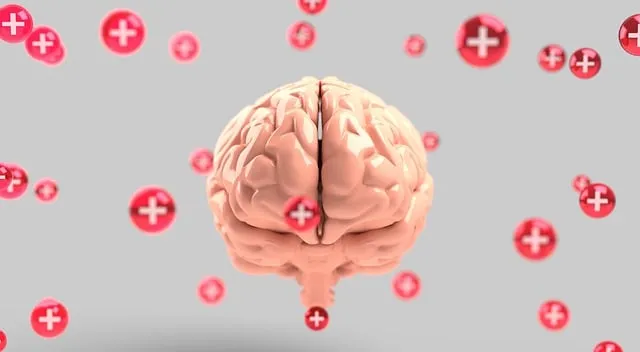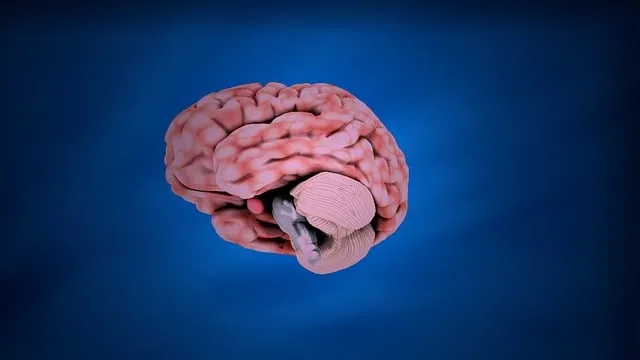The Northglenn Kaiser Permanente behavioral health center leads community mental health advocacy with comprehensive initiatives destigmatizing mental illness and promoting well-being. They combine evidence-based therapies, support groups, and innovative practices like Mental Wellness Journaling to empower individuals, reduce stigma, and foster inclusive communities. Their multi-faceted approach, integrating clinical care with outreach programs, offers a promising model for enhancing mental health support systems.
Mental health advocacy initiatives play a pivotal role in fostering inclusive communities. This article explores the critical aspect of mental health advocacy, highlighting its profound impact on society. We present a compelling case study of the Northglenn Kaiser Permanente Behavioral Health Center, which serves as a model for community engagement and accessible care. By examining successful strategies employed by such centers, we aim to provide insights that can empower and guide future advocacy efforts, ensuring better mental well-being for all.
- Understanding Mental Health Advocacy: Its Role and Impact
- Northglenn Kaiser Permanente Behavioral Health Center: A Model for Community Engagement
- Effective Strategies for Mental Health Advocacy Initiatives
Understanding Mental Health Advocacy: Its Role and Impact

Mental Health advocacy initiatives play a pivotal role in creating awareness and promoting emotional well-being within communities. At the Northglenn Kaiser Permanente behavioral health center, for instance, advocates work tirelessly to destigmatize mental illness and ensure equitable access to care. Through various campaigns, they educate people on recognizing signs of distress and encourage open conversations about mental health challenges. This proactive approach fosters a supportive environment where individuals feel empowered to seek help.
Advocacy goes beyond raising awareness; it involves implementing effective techniques like resilience building and social skills training. These strategies equip individuals with the tools to navigate life’s challenges, build strong relationships, and maintain good mental hygiene. By addressing both individual needs and community barriers, advocacy initiatives contribute significantly to improving overall public health and enhancing the quality of life for all.
Northglenn Kaiser Permanente Behavioral Health Center: A Model for Community Engagement

The Northglenn Kaiser Permanente Behavioral Health Center stands as a beacon of hope and progress in community mental health advocacy. This center has successfully pioneered integrated care models, seamlessly blending medical and behavioral healthcare services. By doing so, it not only addresses immediate mental health needs but also fosters long-term well-being within the Northglenn community. One of its notable achievements is the comprehensive approach to mood management, offering a range of evidence-based therapies and support groups tailored to diverse populations.
Beyond its clinical excellence, the center actively engages in mental illness stigma reduction efforts through innovative community outreach programs. These initiatives aim to educate residents, dispel myths surrounding mental health, and promote early intervention. The successful implementation of these programs has fostered a more supportive and inclusive environment, ensuring individuals with mental illnesses feel understood and encouraged to seek help. This model can serve as a blueprint for other communities seeking to enhance their mental health support systems and ultimately improve the lives of those affected by mental illness.
Effective Strategies for Mental Health Advocacy Initiatives

Mental health advocacy initiatives are powerful tools for creating positive change and raising awareness about critical behavioral health issues. To be truly effective, these initiatives must employ a multi-faceted approach that caters to diverse audiences and incorporates evidence-based practices. At the Northglenn Kaiser Permanente behavioral health center, we’ve observed success through combining traditional advocacy methods with innovative strategies like Mental Wellness Journaling Exercise Guidance, Compassion Cultivation Practices, and Emotional Healing Processes.
These techniques empower individuals to take an active role in their mental health journey while fostering a sense of community and support. By integrating such practices into advocacy efforts, we can better engage affected populations, educate the public, and ultimately reduce the stigma surrounding behavioral health concerns. This holistic approach ensures that advocacy initiatives not only raise awareness but also provide practical tools and resources for long-term mental wellness.
Mental health advocacy initiatives, as exemplified by the successful programs at the Northglenn Kaiser Permanente Behavioral Health Center, play a pivotal role in fostering community engagement and improving mental well-being. By employing effective strategies that prioritize education, support, and access to care, these initiatives can significantly reduce stigma and enhance the overall mental health landscape. The center’s model serves as a compelling testament to the positive impact that dedicated advocacy efforts can have on individuals and communities alike.






